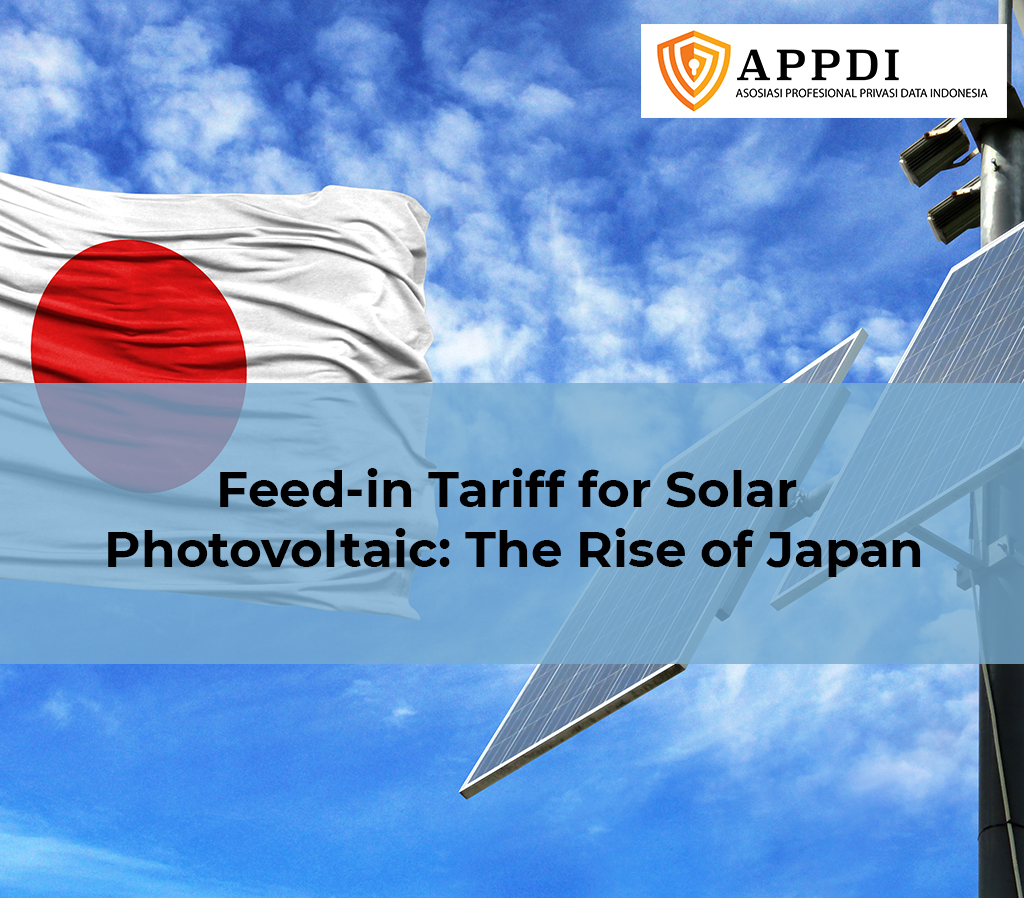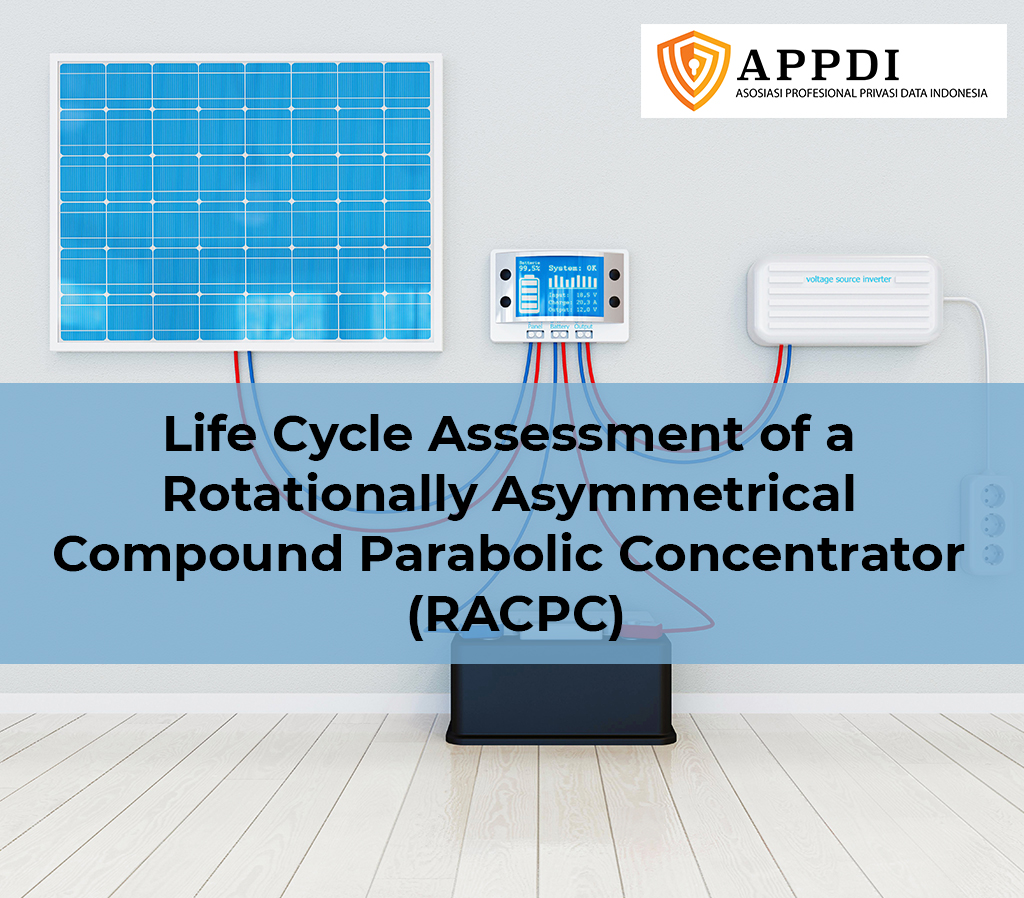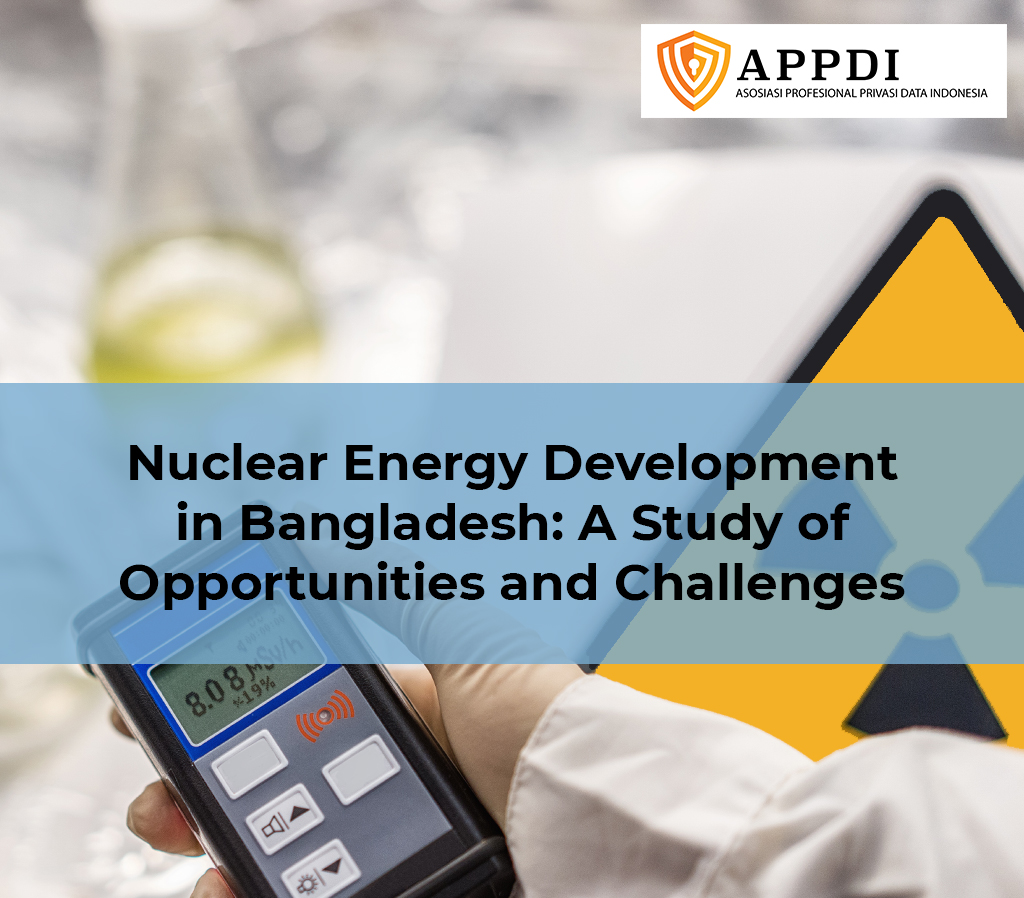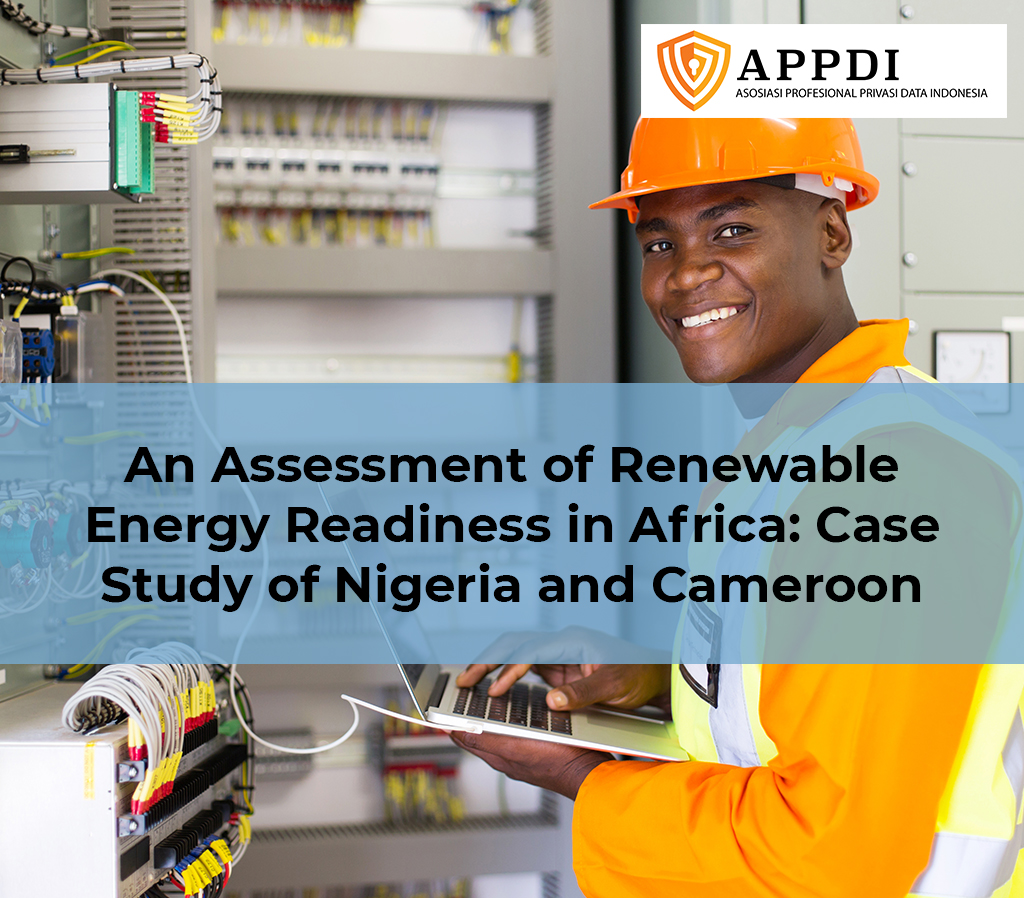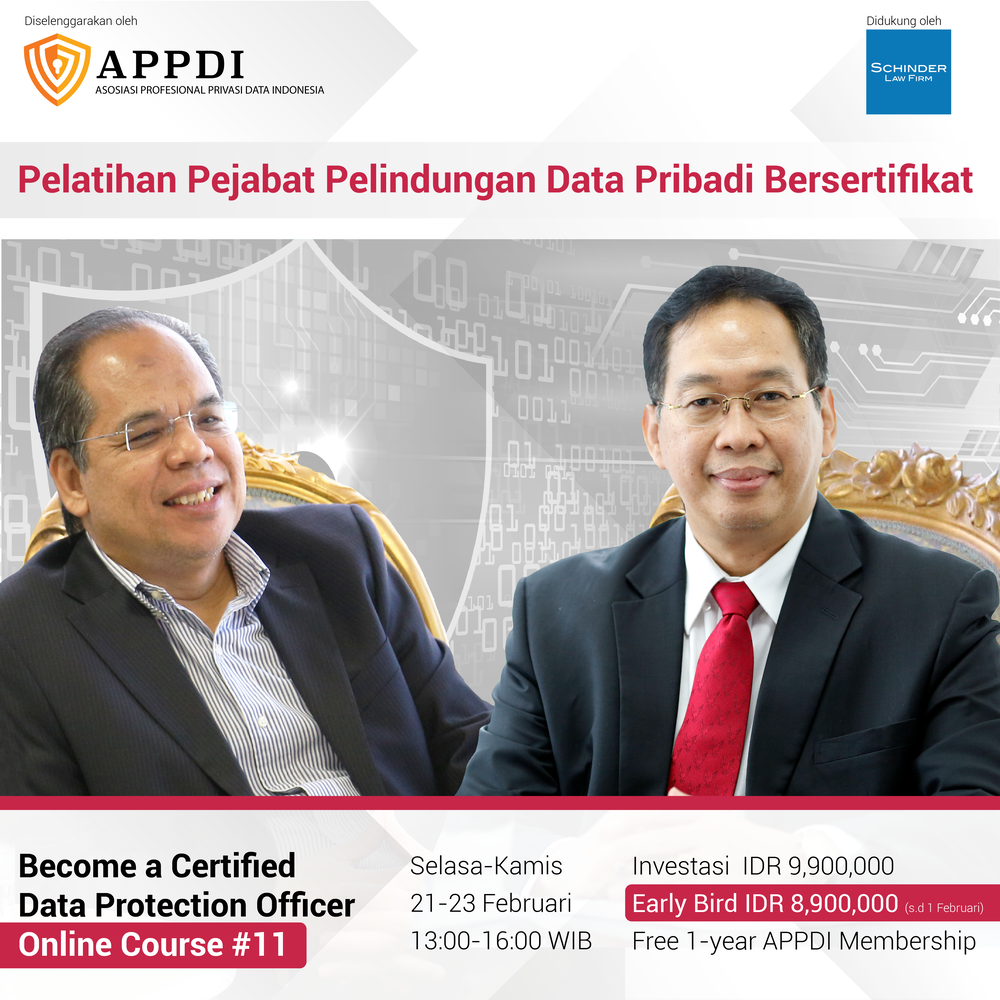Gandeng APPDI, FH UPH Persiapkan Mahasiswa Jadi Data Protection Officer Handal
Adanya isu terkait perlindungan data pribadi yang kerap menjadi perbincangan di era digital, menjadikan Data Protection Officer (DPO) sebagai profesi menjanjikan. Hal ini diresponi Fakultas Hukum (FH) Universitas Pelita Harapan (UPH) melalui kerja sama dengan Asosiasi Profesional Privasi Data Indonesia (APPDI),
Gandeng APPDI, FH UPH Persiapkan Mahasiswa Jadi Data Protection Officer Handal Read More »




